If your Rinnai heater is making loud noises, you may be wondering about the cause of the problem and how to fix it. Luckily, we have done the research for you, and here is what we found.
Loose parts, clogs, bad flow sensors, pressure fluctuations, and transformer issues are possible reasons your Rinnai heater makes loud noises. The following are things you can do to resolve the problem:
- Fasten any loose parts
- Clean or replace the filter
- Repair faulty parts
- Call an HVAC specialist
If you notice this problem, make sure to deal with it as soon as possible to avoid further damage. Fixing a noisy Rinnai heater is not as difficult as it seems. Keep reading to get detailed information on handling a noisy Rinnai heater.
Why Is Your Rinnai Heater Making Loud Noises?
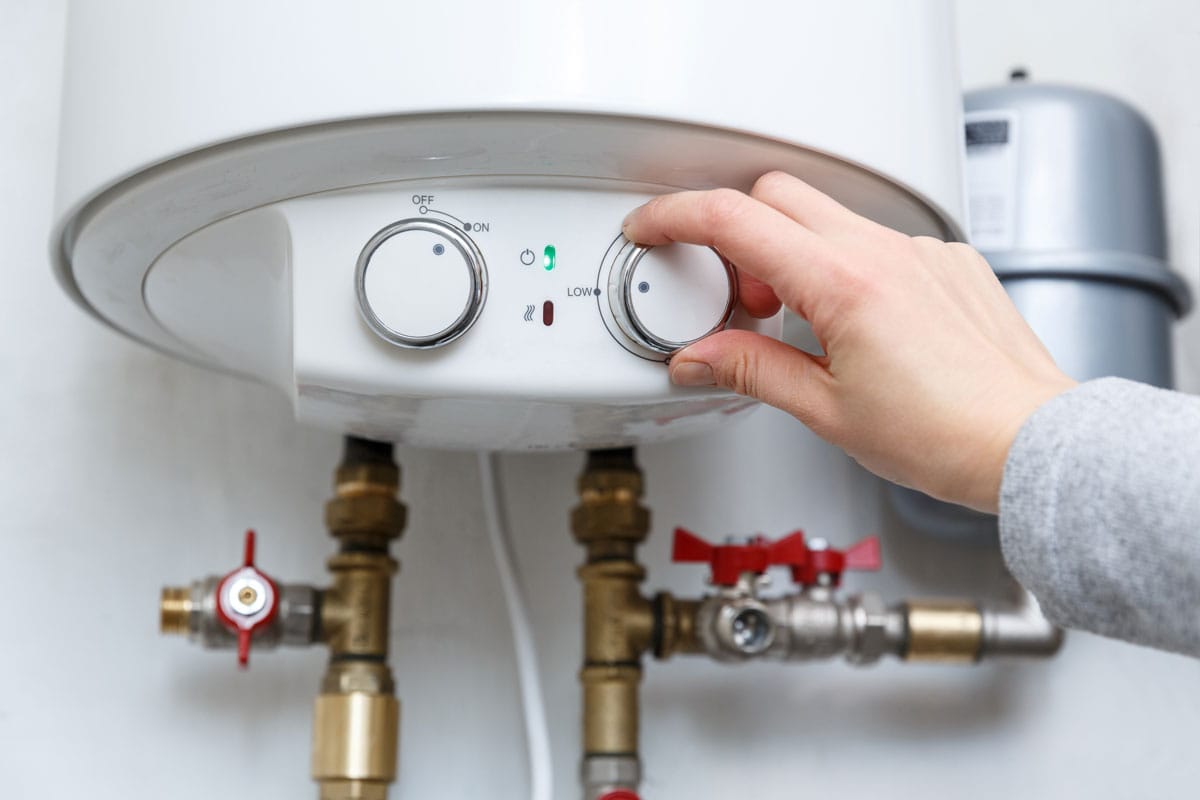
Rinnai heaters can produce a loud noise for different reasons, but the following are the most common:
Loose Parts
Rinnai heater parts, including the blower fan and valve, can get loose over time, causing them to vibrate and rub against one another.
You shouldn't take it lightly when this occurs because it can result in severe damage. Additionally, loosened seams or joints are problematic in ductwork since they promote inefficiency.
Clogs
Your Rinnai heater must take in and release air from the system. This continues to take place until the device is powered down.
Therefore, it is easy for debris and dust to accumulate in the system. If this happens, the heater will make a peculiar and unpleasant noise.
One of these noises produced is a high-pitched whistling noise. This sound could indicate that the filter is blocked, which prevents air from passing through the debris of dirt, dust, and other particles.
Your Rinnai heater will also emit a booming sound if the burner is clogged with debris. If this is especially loud, it is probably a sign of severe damage.
Unclean burners can cause a delay in the ignition process and allow gas to accumulate in the combustion chamber. The accumulation of gas can potentially generate an explosion, which in turn will damage the system.
Bad Flow Sensor
The flow sensor is heated to keep a steady temperature differential above the temperature sensor.
Heat is transferred from the heated flow sensor to the gas that moves past it. The gadget calculates the mass flow rate from the temperature differential power requirement.
It is possible for the flow sensor in your Rinnai heater to malfunction. This makes the heater generate a loud and irritating sound. A type of noise produced in such cases is a groaning sound - usually a sign of a faulty flow sensor.
Pressure Fluctuations
If your heater is generating loud banging noises, this is an indication that the pressure has changed. This could be due to an excess of air or water deficiency.
Ticking and clicking sounds are also produced by tankless water heaters due to fluctuations in the water pressure. The pipes will start banging against the wall, which causes the noise.
In the same way, low blood pressure in the human body is cause for alarm, if the water pressure in the pipe is too high or too low, it could cause a serious failure.
Transformer Issue
Your Rinnai heater cannot function without a good transformer. The transformer is a static device that transfers energy and ensures that the system continues to operate at the appropriate voltage capacity at all times.
If the transformer in your Rinnai heater fails, you may hear an electrical buzzing noise, and eventually, the unit may stop working.
If the transformer box is not securely fastened, it may jiggle, resulting in a buzzing sound. The mount could be loosened if you recently had a new furnace installed.
What To Do If Rinnai Heater Is Making Loud Noises
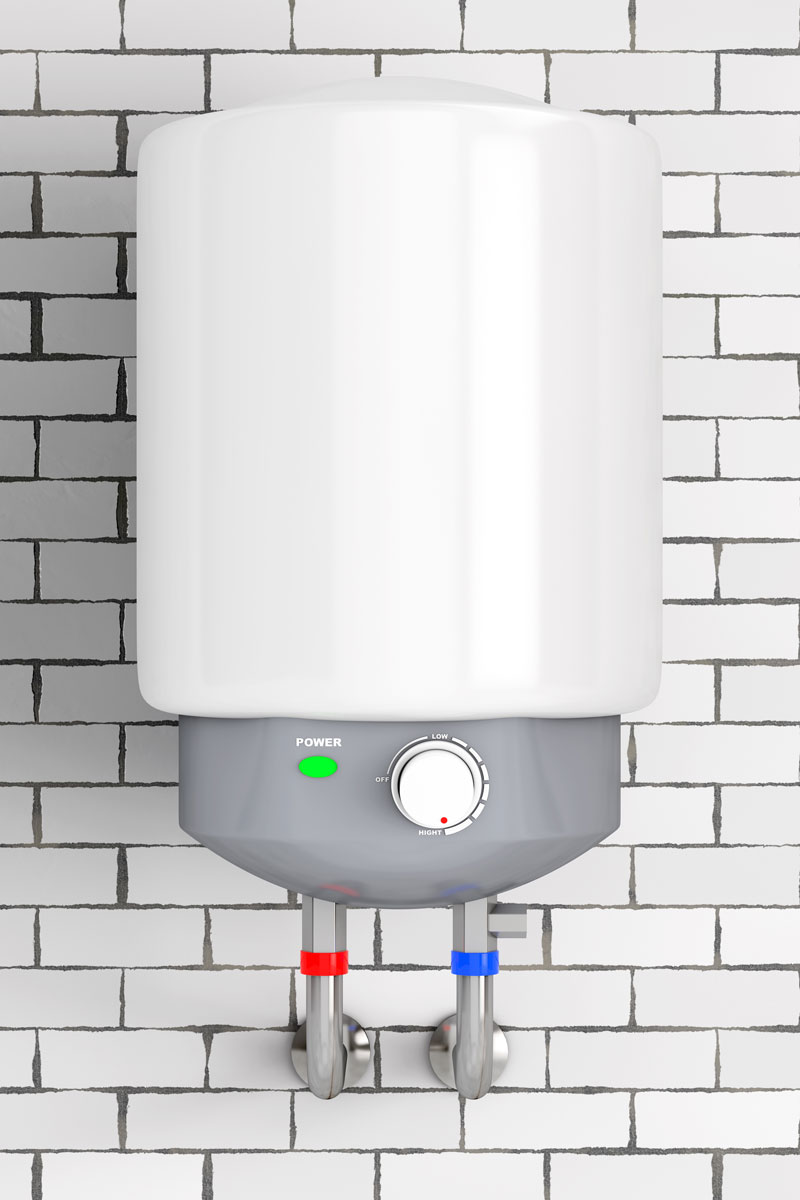
Do the following to deal with a noisy Rinnai heater:
Fasten Any Loose Part
If you discover that any of the components of your Rinnai heater is loose, all that is required is to secure them.
When carrying out this task, always tighten the appropriate components. It may not seem like a really serious issue, but ignoring it might cost you a lot later.
Since you have easy access to the ductwork, you should be able to seal any leaks by using mastic sealant and foil tape to close any gaps. When secured, there won't be any air leaks and vibrating pieces.
Clean Or Replace The Filter
The solution to a problem caused by a clogged filter is almost the simplest one, as all that is required to fix the issue is a new filter. If your filter is clogged, you can either clean it or install a brand-new one.
When you need to replace the filters in your heater will vary depending on the filters utilized. If you do not suffer from allergies, you should change your air filters every 30 to 60 days.
This range can alter if you suffer from mild to moderate allergies. In this case, you may need to clean or replace the filter more often. This can be done about once every three weeks.
In general, to avoid problems such as a blockage in your heater, it is recommended that your filters be cleaned or replaced every one to three months on average.
Repair Faulty Parts
If you notice that your heater is making loud noises due to malfunctioning flow sensors or transformers, you can solve the problem by repairing them. Alternatively, get a replacement.
Call A Trusted HVAC Specialist
If none of the aforementioned solutions work, you may need to call in an expert for assistance. These professionals have specialized tools to carry out the necessary repairs.
They can also replace the parts of your Rinnai system that aren't sold in your typical hardware store. You can also benefit from their experience, as qualified experts will help you learn how to keep your unit functioning more effectively and efficiently.
Click here to see this Rinnai heater on Amazon
How Long Do Rinnai Heaters Last?
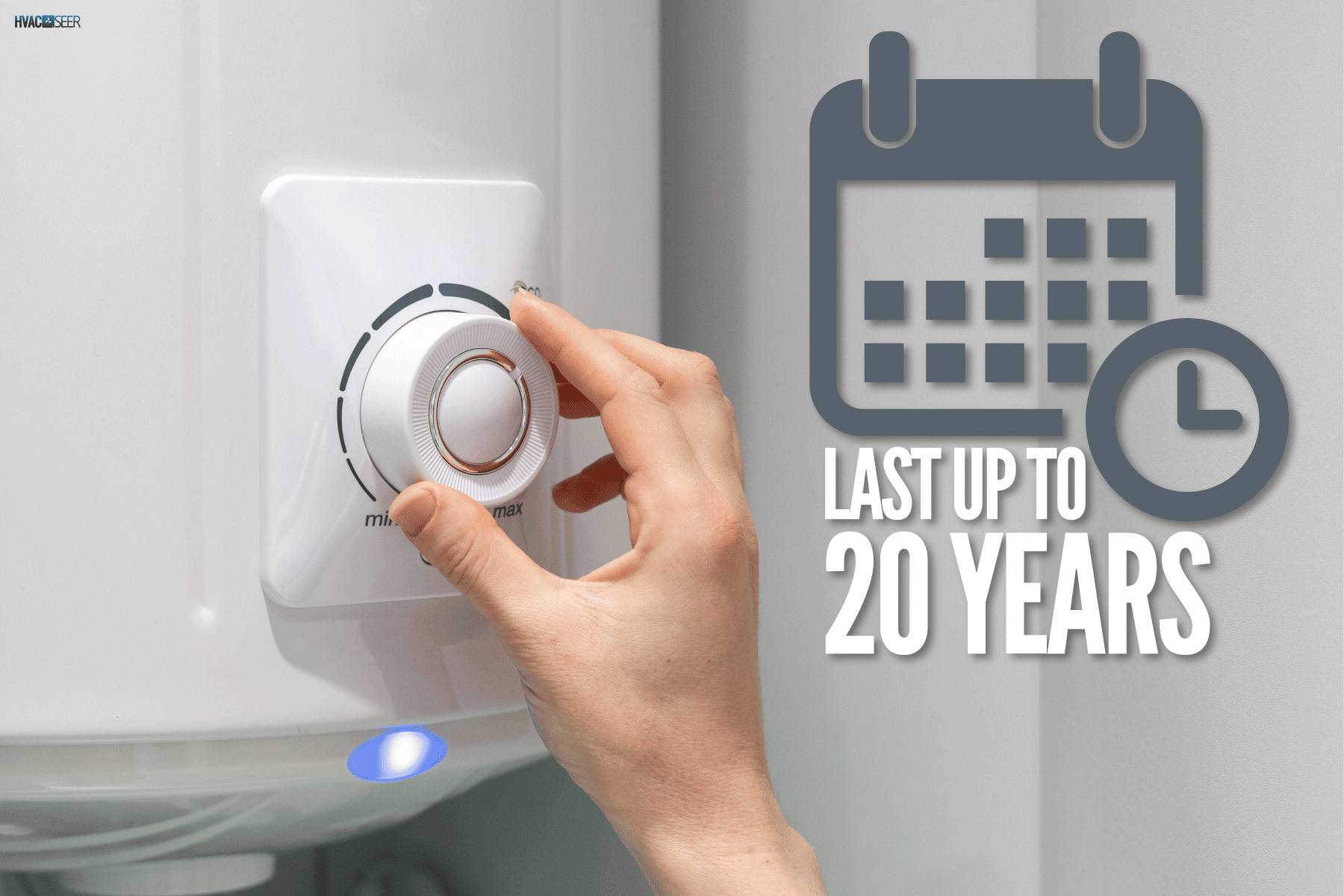
If you maintain your Rinnai heater equipment annually and keep it in good condition, it can last for around 20 years.
When your Rinnai heater reaches age 15, it is a good time to start considering upgrading or replacing it with newer technology that is more energy efficient.
If you want your Rinnai heater to last as expected, you should put a lot of effort into its maintenance.
How Much Does It Cost To Fix Rinnai Heater?
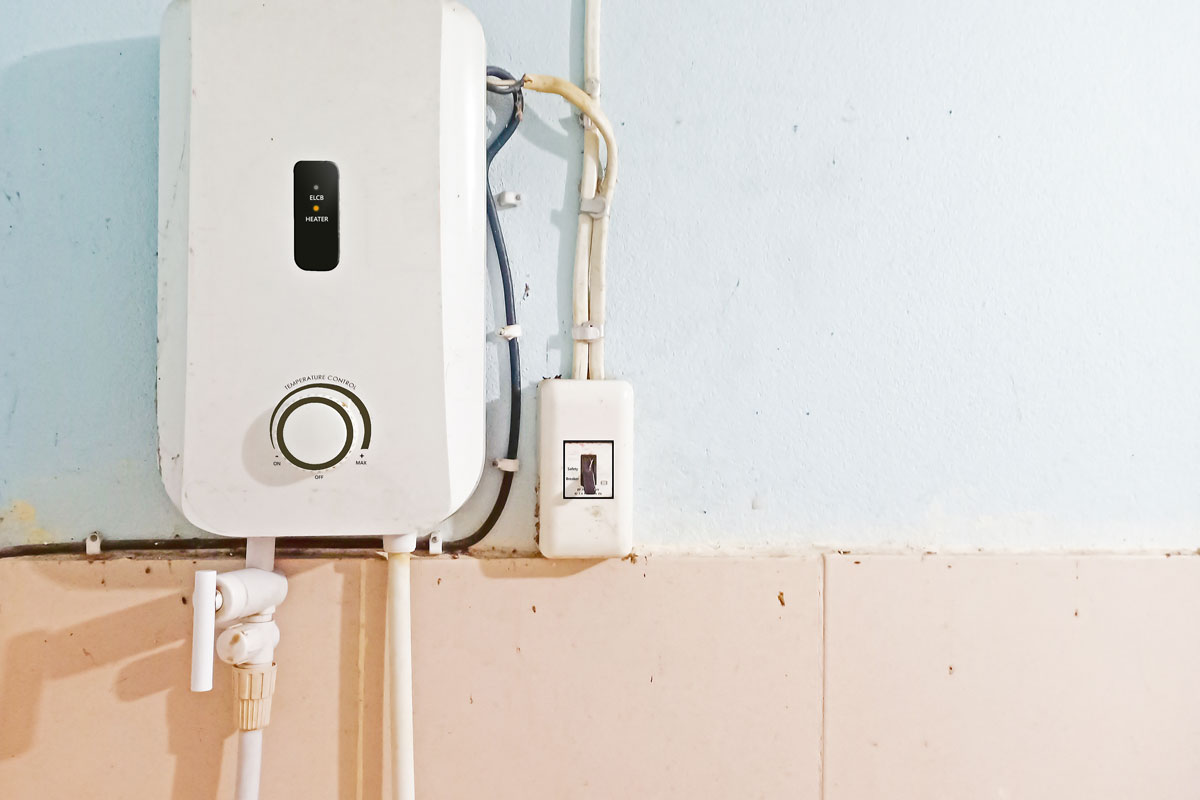
The cost of repairing a Rinnai heater varies. It ranges from $100 to $650 on average, with most customers paying $375 to fix loud rumbling sounds. Tightening a loose valve can cost about $50. But dealing with a more complex repair comes with a higher price.
How Do You Reset Your Rinnai Heater?
If you experience any issues with your Rinnai heater, you may need to reset the heater. The process of resetting the heater requires, in the vast majority of cases, the completion of a few actions.
To reset your Rinnai heater, press and hold the connect button on the module until the LED starts blinking RED and WHITE. Let go of the button, and then quickly press it three times. This will reset the heater.
If you do this, the heater will revert to the default settings present when it was manufactured. It will result in the deletion of all of your current settings and the history of your wireless network.
To Wrap Up
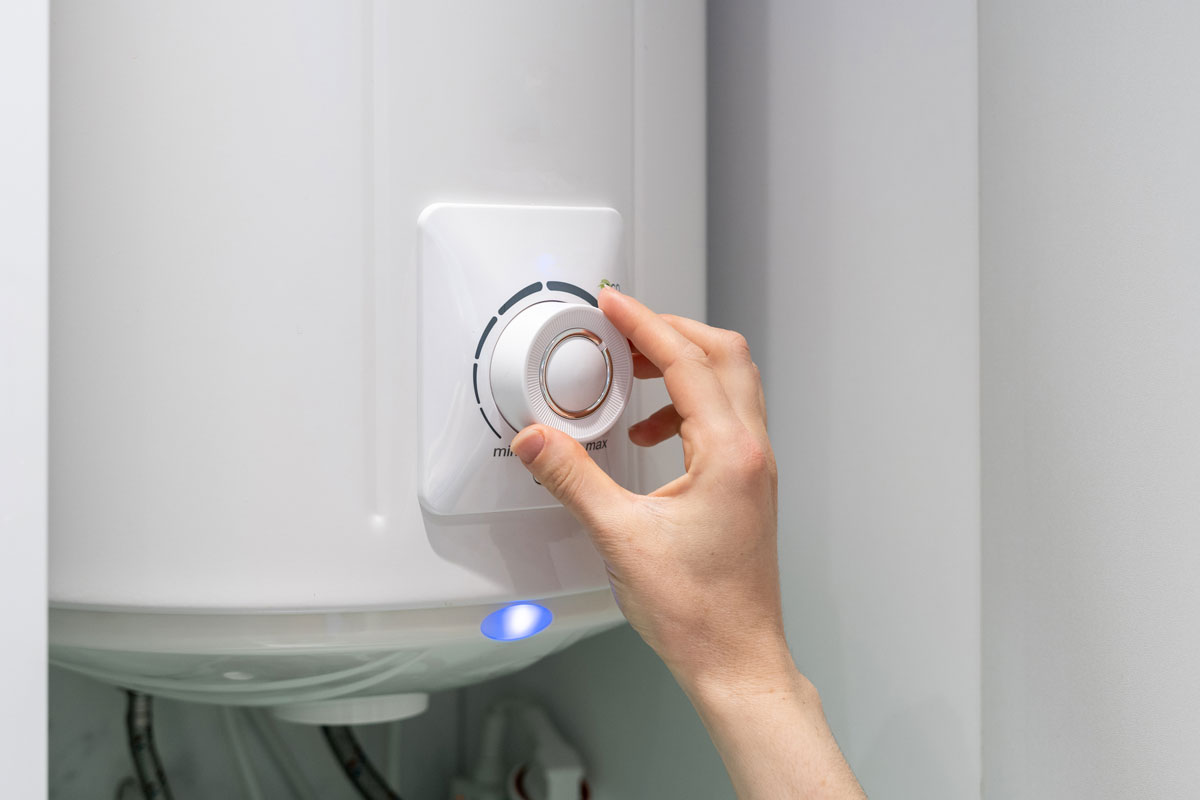
If you notice that your Rinnai heater is making loud noises, this could be due to loose parts, clogs, bad flow sensors, pressure fluctuations, and transformer Issues.
To fix the issue, you must fasten any loose parts, clean or replace the air filter, and repair faulty parts. Don't hesitate to call a professional if you cannot solve the problem alone.
If you enjoyed reading this post, here are similar articles you may like:
RV Water Heater Making Noise – Why And What To Do?
Rinnai Tankless Water Heater Beeping—What’s Wrong?
Space Heater Making Crackling Or Clicking Noise—What Could Be Wrong?

